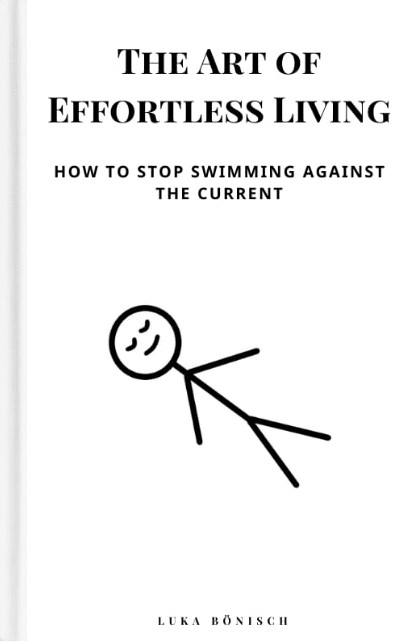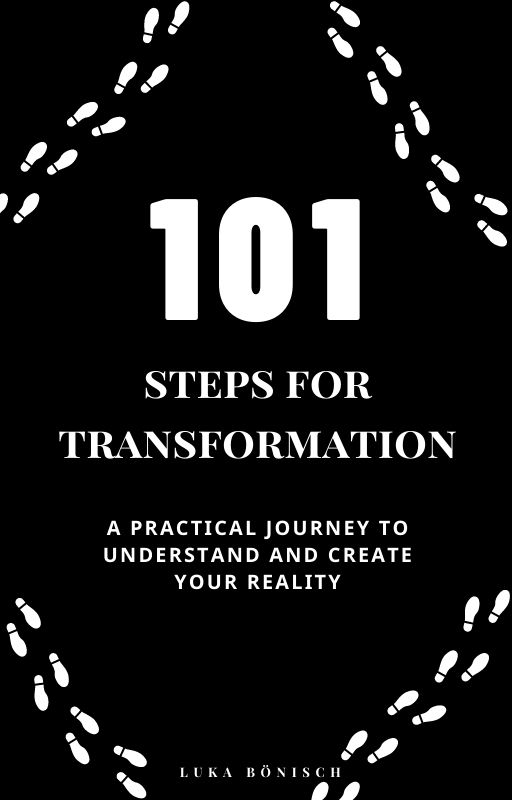To start with meditation was one of the best decisions of my life and I would say it’s the most important habit I have incorporated into my daily life.
When I started meditating my mind would jump around and 5 minutes would feel like an eternity. But, as with most habits, persistence has proven to be key.
It soon became an integral part of my daily life and even a way to draw energy whenever I felt drained.
The following article will introduce you to the concept of meditation, its benefits, and how to start with meditation.
What is Meditation?

Meditation is a spiritual practice that is practiced in many religions and cultures. It may also be called observation.
Although there are many different meditation techniques, in its essence meditation is a mindfulness and concentration technique to calm and silence the mind, with its ultimate goal being the union with everything, the universe, or God so to speak.
However, as is stated in Zen, meditation should not be practiced to reach a future goal but should be the goal itself.
We practice the practice to practice the practice. Only practice will make you a master.
As with most spiritual practices, the limited linear domain of words is often not sufficient to describe the limitless non-linear domain of subjective experience.
Therefore, I suggest you ignore your left-brain intellectualizations and explanations and just start the practice.
Why Start with Meditation?
“When meditation is mastered the mind is unwavering like the flame of a candle in a windless place.” – Bhagavad Gita
I believe there are many reasons, to start with meditation.
When I started with meditation I was in deep emotional turmoil. I just experienced heartbreak and felt like I was a prisoner in my mind.
I wanted to create some space between myself and my thoughts and emotions.
This is also a good reason to begin meditation, to help you recognize or rather remember that you are not your thoughts and emotions.
The next reason that kept my meditation practice was my search for truth.
I knew there was and still is something I want to experience, and meditation is a helpful vehicle to that experience.
Apart from the spiritual reasons to start with meditation, there are plenty of other benefits.
Countless studies have confirmed the benefits for health and cognition attributed to meditation.
Some of the benefits are reduced stress, anxiety, and fatigue, increased emotional health, longer attention and concentration span, increased self-awareness, reduced blood pressure, and improved sleep.
And I’m certain that there are many more benefits of meditation.
Whether you start with meditation for spiritual or health purposes is secondary.
The important step is to actually begin.
Meditation is one of the most important habits a human can implement to improve his life in all areas. So why not start today?
How to Begin with Meditation
First things first.
Posture
Sit down in a cross-legged position on a meditation pillow, or any pillow, keeping a straight spine.
If it’s uncomfortable for you to sit in a cross-legged position you may also sit in a chair. However, I recommend starting to work on your flexibility, so you can assume a cross-legged position eventually.
Contrary to statements that say it doesn’t matter, in my experience, sitting closer to the ground in a cross-legged position (and eventually lotus-position) will deepen and enhance your meditation.
You may leave your eyes open, keep them closed, or incorporate both. While open eyes may help you keep concentration because you can focus on an object in your surroundings, closed eyes may take you deeper.
I suggest you start with your eyes closed.
Awareness
A good way to get into the meditative state is to start by listening.
Listen to your surroundings but don’t try to identify the sounds. And if there is no noise, just listen to the general humming of the universe.
Then, observe your breath.
Be conscious about how it enters through your nostrils into your lungs and how it leaves your lungs and then exits through your nostrils. Be aware of how your lung expands and contracts, how your belly rises during inhalation, and how it drops during exhalation.
Mastering the breath means mastering the life force. Also, the calmer the breath the calmer will your mind be.
When you get lost in thoughts don’t be frustrated or mad at yourself just gently return to your breath.
You won’t be able to calm the mind by force.
Whenever thoughts pop up just observe them, don’t give them any meaning, and let them go.
Imagine your thoughts being like a river. You don’t have to plunge into the river, you can just sit at the shore and observe it.
In the beginning, this may seem like a herculean task but with practice, your concentration and awareness will improve, and your meditation will deepen.
Additional Practical Tips
The following are four practical tips you can implement not only when starting with meditation but also if you are looking for ways to deepen your meditation.
Start Short
“To meditate a short time with depth is better than to meditate for long hours with the mind running wild.” – Paramahansa Yogananda
In the beginning, you might have difficulties sitting for 15 minutes. So just start with 5 or even 2 minutes.
The most important part is to make meditation a habit. So, commit to sitting down for meditation every day.
Find Your Best Time
I like to meditate in the morning as well as in the evening. However, these can be completely different experiences.
I suggest starting in the morning because your mind is not yet filled with all the information and experiences of the day. Therefore, it’s easier to be in a quiet state of mind.
Moreover, morning meditation can increase your focus and clarity for the day ahead.
Also, meditating first thing in the morning will make it easier to form a habit out of meditation.
After trying meditating in the morning, try an evening meditation, and see the difference.
The mind might be more restless because it wants to process the experiences of the day.
However, I have realized that evening meditations in dim light or darkness can have a greater mystical character. Visions, as well as sensory expansion, seem to come more easily.
Stay with Your Feelings
It’s the accumulated pressure of feelings that causes thoughts to arise.
As probably all of us know, one feeling can create thousands of thoughts over time. The reason for that is that thoughts are self-reinforcing.
Therefore, to get rid of endless chatter we have to let go of the feelings associated with that chatter.
To let go of a feeling we must allow it to be there and to run its course.
So, what you can do during meditation is to accept every feeling that comes up. Don’t engage in rationalizations about the feelings you experience, just feel them.
Eventually, your thoughts will become less frequent and you’ll give them less attention and importance.
Practice for Life

Although sitting meditation is a good place to start, it’s a practice to incorporate mindfulness into your whole life.
So, when you are engaged in ordinary daily tasks, try to be mindful.
Whenever your mind wanders during a task and you become aware of it, just gently return to the task at hand.
Therefore, everything can become a meditation. Washing dishes, cooking food, writing an essay, or going on a walk.
Being mindful in daily tasks will then also improve your sitting meditation practice.
If you can be mindful in everything you do and not do, your whole life will become one never-ending meditation.
△△△
When you start with meditation you might have ‘good’ days and you might have ‘bad’ days. This is completely normal and should not discourage you.
But if you keep your regular meditation practice up it will have great benefits in all areas of your life.
Luka
Latest posts by Luka (see all)
- The Maelstrom Called You — Why Every Person Is Ecelctic - July 17, 2025
- How to Use Words Correctly - July 8, 2025
- Guilty Until Imagined Innocent - June 25, 2025


